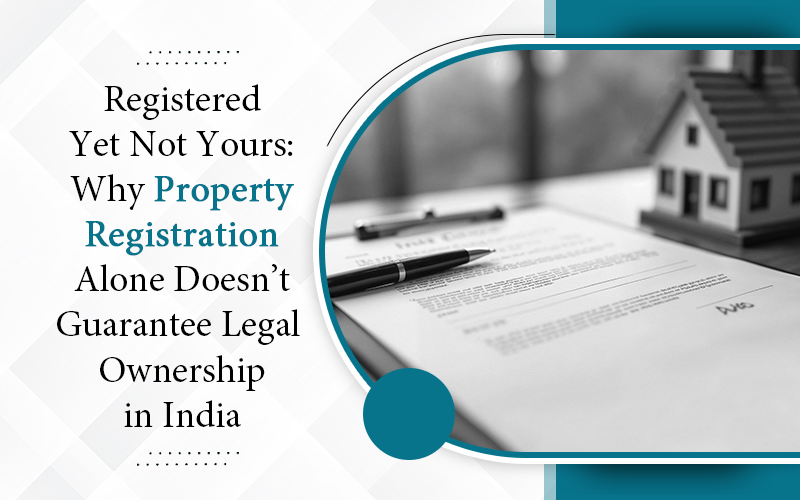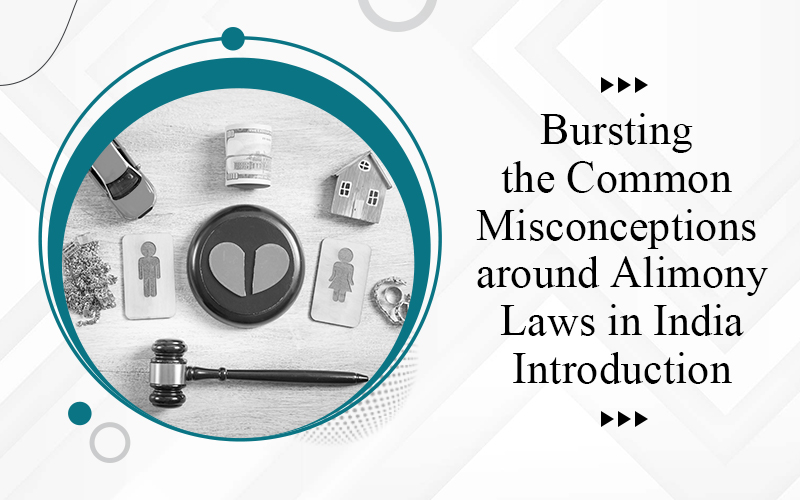Introduction
In property transactions, registration serves as a crucial legal step that records the transfer of ownership from the seller to the buyer. However, it is a common misconception that registration alone conclusively proves ownership. In reality, registration is only prima facie evidence of a transaction—meaning it indicates that a sale occurred but does not, by itself, validate the legality of the transaction. If the seller lacked legal rights to sell the property, the sale (even if registered) can be declared invalid by a court of law. This article explores the legal implications of property registration, the distinction between registration and ownership, and the risks associated with defective titles.
Registration as Prima Facie Evidence
Under the Transfer of Property Act, 1882, and the Registration Act, 1908, registration of a property transaction provides legal recognition to the deed (such as a sale deed, gift deed, or mortgage deed). It acts as prima facie evidence—a presumption that the transaction took place, but this presumption can be challenged in court.
For example:
- If A sells a property to B and the sale deed is registered, the registration proves that A and B entered into a transaction.
- However, if it is later discovered that A did not actually own the property (perhaps it belonged to C), the registration alone will not protect B’s claim. The court can declare the sale void, even if it was duly registered.
Thus, registration does not guarantee ownership; it only records the transaction.
Difference Between Registration and Ownership
Ownership of a property is established through a valid title, which depends on:
- Legal Competence of the Seller – The seller must have the legal right to transfer the property.
- Genuine Title Documents – The chain of past transactions (title deeds) must be clear and free from disputes.
- No Legal Encumbrances – The property should not be subject to litigation, mortgages, or claims by third parties.
Registration alone does not verify these aspects. A registered sale deed only confirms that the parties executed the transaction, not that the seller had the legal authority to do so.
When Can a Registered Sale Be Declared Invalid?
Courts can overturn a registered sale in several situations, including:
- Fraud or Misrepresentation – If the seller concealed facts (e.g., the property was already sold to someone else).
- Lack of Title – If the seller was not the true owner (e.g., a forged sale deed or sale by an impostor).
- Undue Influence or Coercion – If the buyer forced the seller into the transaction.
- Violation of Legal Formalities – If mandatory procedures (like obtaining consent from co-owners) were not followed.
In such cases, the aggrieved party can approach the court to declare the sale null and void, even if it was registered.
Legal Protection for Buyers
To minimize risks, buyers should:
- Verify Title Documents – Check past ownership records (at least 30 years) to ensure a clear title.
- Conduct a Encumbrance Check – Obtain an encumbrance certificate from the sub-registrar’s office to confirm there are no pending legal claims.
- Obtain Legal Opinions – Consult a property lawyer to examine the title before purchase.
- Insist on Seller’s Indemnity – Include clauses in the sale agreement that hold the seller liable for future title disputes.
Judicial Precedents
Indian courts have consistently ruled that registration alone does not validate ownership. Key judgments include:
- Suraj Lamp & Industries Pvt. Ltd. vs. State of Haryana (2011) – The Supreme Court held that a Power of Attorney (PoA) sale (without registration) does not transfer ownership, emphasizing the necessity of a registered sale deed.
- A. Arputham vs. M. Ranganayaki (2019) – The court ruled that even a registered sale deed can be challenged if the seller had no legal title.
Conclusion
Registration of a property transaction is a vital legal requirement, but it is not absolute proof of ownership. It only provides prima facie evidence that a transaction occurred. If the seller lacked a valid title, the registration will not protect the buyer. Therefore, buyers must conduct thorough due diligence—verifying title history, checking for encumbrances, and seeking legal advice—before purchasing property. Relying solely on registration can lead to costly legal disputes and loss of ownership rights.




